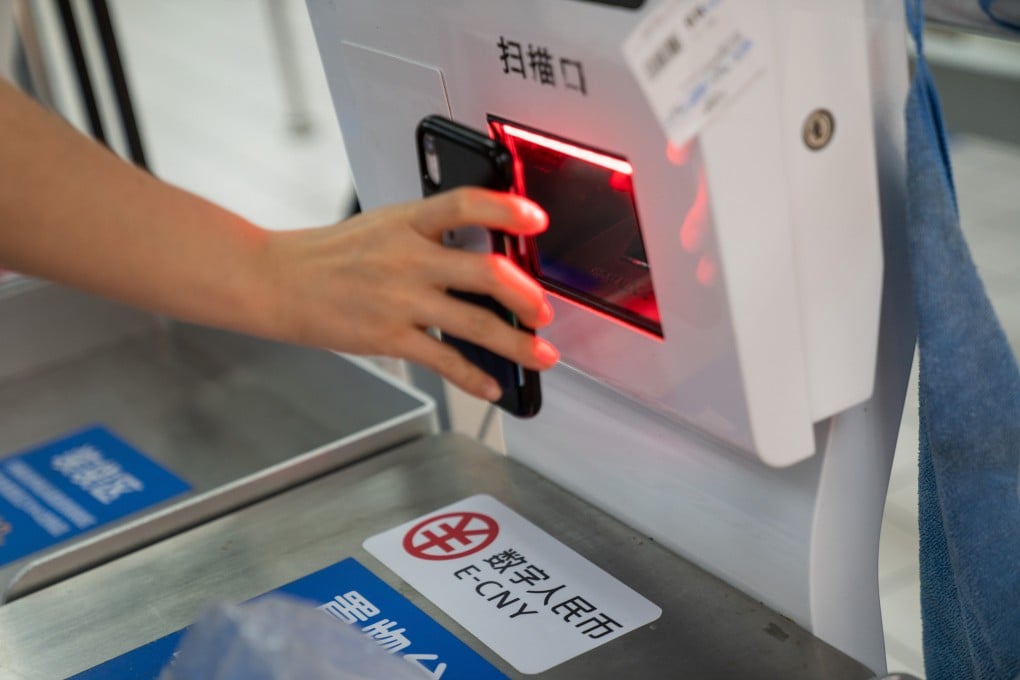Editorial | Prudence set to pay off for China’s digital yuan
- Following the sensational debut of cryptocurrency exchange Coinbase on the Nasdaq, it is worth remembering that China’s experimental e-currency is no bitcoin

Coinbase became the first cryptocurrency exchange to list in New York this month, gaining a valuation more than that of the company behind the Nasdaq exchange it listed on.
While fans of bitcoin or other cryptocurrencies such as ethereum ride the roller coaster of Coinbase’s stock price, others are urging prudence and drawing a distinction between the market reaction and what the People’s Bank of China is doing with its experimental e-currency, the digital yuan.
Cryptocurrencies and the e-yuan are fundamentally different. Bitcoin is the largest cryptocurrency, born out of decentralisation and the goal of bypassing a monetary authority such as a central bank. The digital yuan is a digitalised form of fiat money issued by the central bank.
While US officials say they are monitoring the digital yuan closely, what happens on the Nasdaq bears watching. The digital yuan is to cryptocurrencies what Chinese state-owned enterprises are to American private companies.
It will be another critical front in the contest between state capitalism and free-market capitalism.

